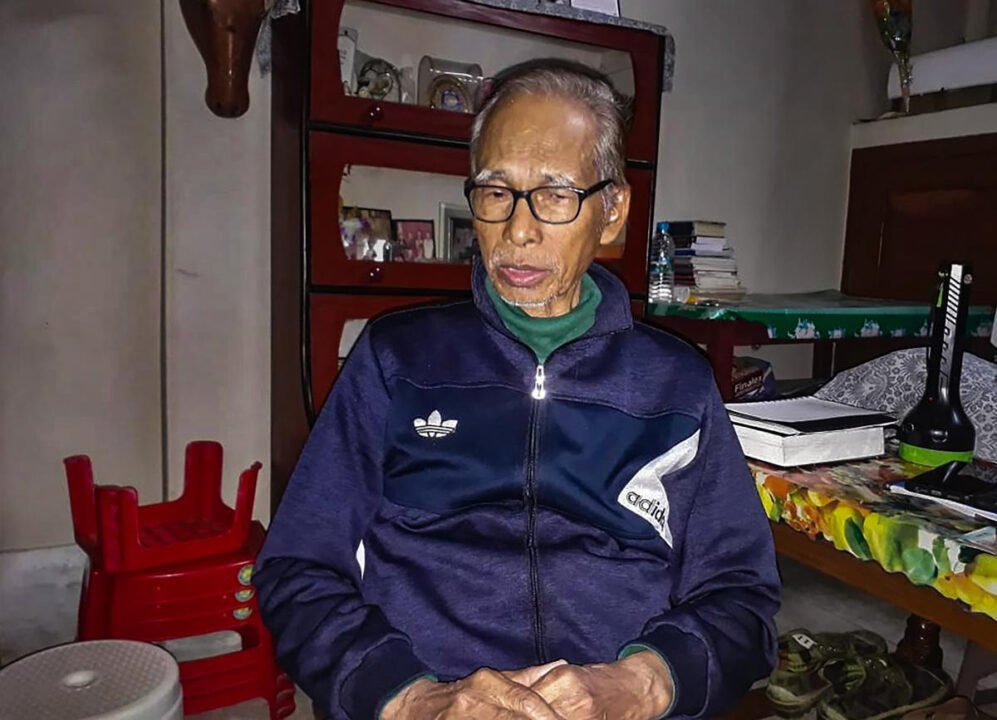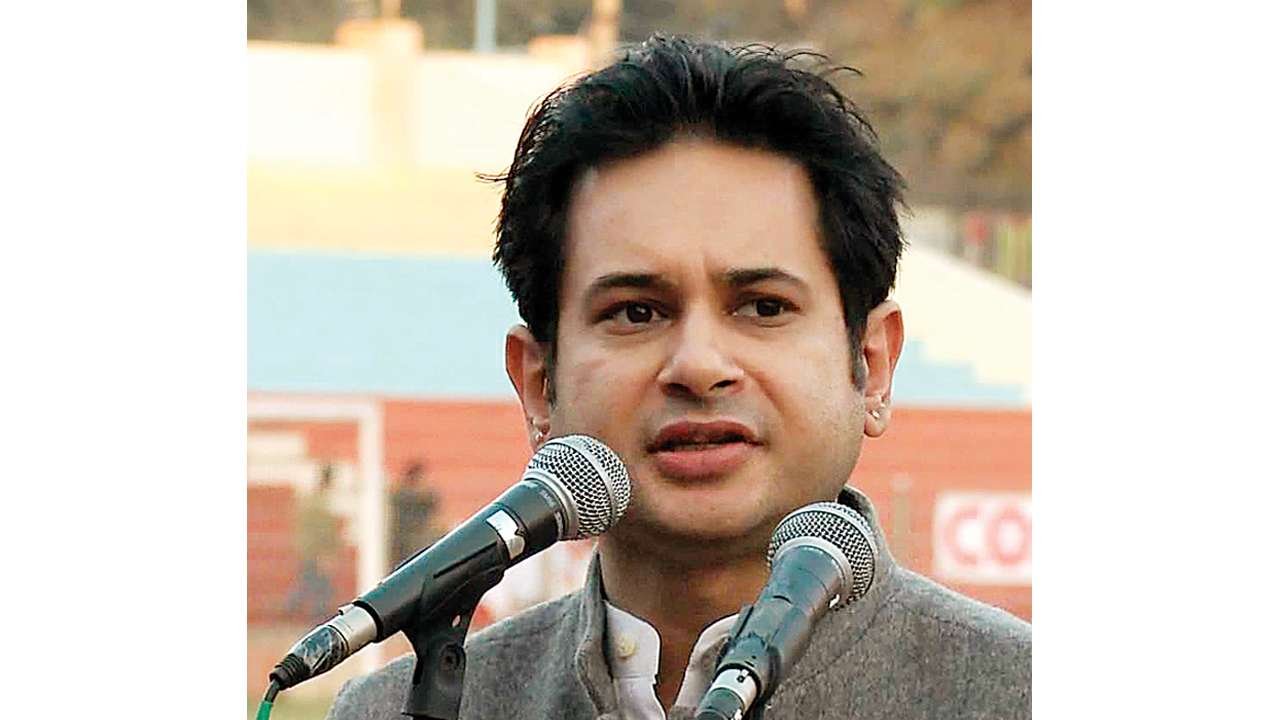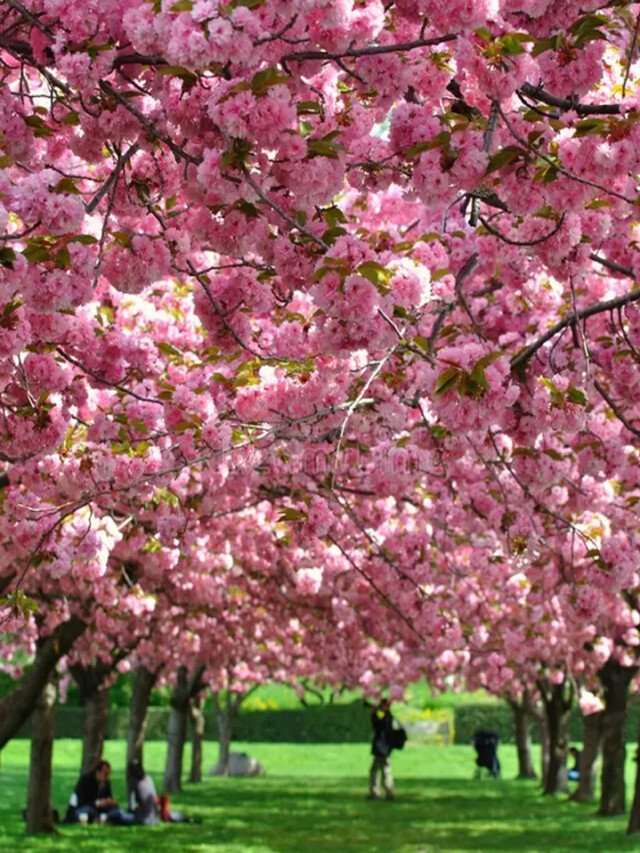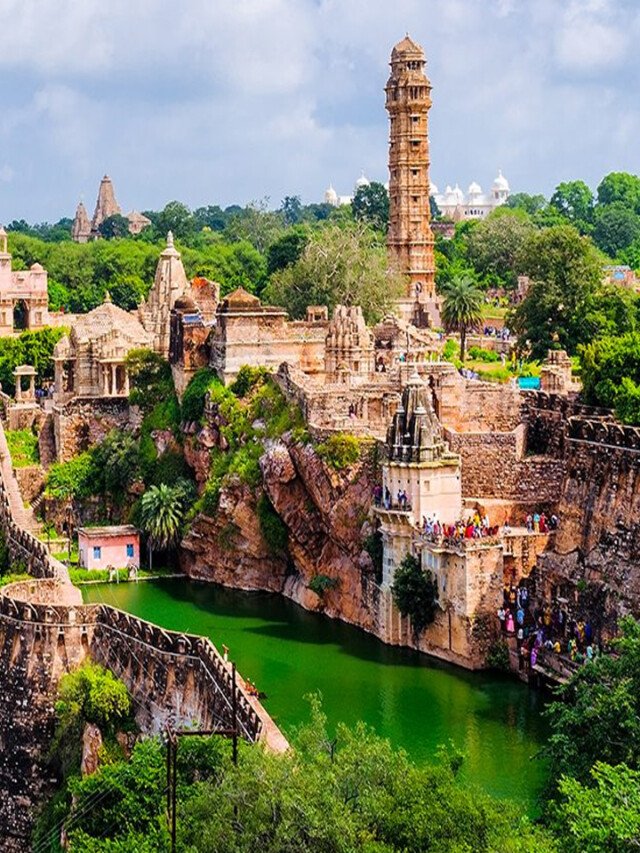AMBASSA, April 22: Tipra Motha president Bijoy Kumar Hrangkhawl on Monday said direct funding of the TTAADC by the Centre and giving more powers to the tribal council are the key main issues of the tripartite agreement signed by the party with the central and state government.
Tipra Motha, which was the main opposition party after the Tripura Assembly election 2023, signed an agreement with the Centre and the state government in March 2023 after a series of discussions with Ministry of Home Affairs officials.
Days after signing the agreement, Tipra Motha joined the BJP-led government in Tripura.
“Direct funding of the Tripura Tribal Areas Autonomous District Council (TTAADC) by the Centre and empowerment of the autonomous district council are among the major points in the agreement inked with the Centre,” Hrangkhawl told PTI.
The direct funding to the autonomous council (TTAADC) by the Centre is a long pending demand of political parties, he said.
“We want the tribal council to have its own police organization to be headed by Additional DGP or IGP rank officer, land rights so that the TTAADC could issue pattas to the people as part of empowerment process,” he said.
“If we implement these issues in accordance with the agreement, the indigenous people will notice something good is going to happen for them,” he said.
Hrangkhawl said the Tipra Motha will insist that the Centre announce a joint working group to take forward the tripartite agreement after the Lok Sabha election.
“We wish Tipra Motha chief Pradyot Kishore Manikya Debbarma be made chairman of the proposed joint working group comprising representatives from the Centre and the state government to meet the aspirations of the indigenous people”, he said.
Asked why Tipra Motha chose BJP as an ally, he said, “We believe only the Union government could address our problem – constitutional guarantee for the rights of indigenous people. Since the BJP is in power in Delhi and in state, they can address our problems. The double-engine government also attracted Tipra Motha.”
To a query on the difference between the accord signed by Tripura National Volunteers (TNV) an outlawed group with the Centre in 1988 and the present one, Hrangkhawl said the TNV accord was signed following an intense arms struggle while the tripartite agreement was achieved through purely democratic way.
“The two accords are completely different. The TNV accord is the result of bloodshed and violence while the tripartite agreement is very open and approaching to all. I still believe weapons are not the final solution to any problem,” he said.
The 81-year-old leader, however, “made it clear that the greater Tipraland, the core demand of the party will remain in place as we want to move forward step by step.”
More than 500 armed cadres of TNV led by self-styled leader Bijoy Kumar Hrangkhawl laid down arms before the then Special Secretary to the Ministry of Home Affairs (MHA) P P Srivastava in Dhalai district’s Govindabari area on August 13, 1988, following hectic parlays with the Rajiv Gandhi government. (PTI)












